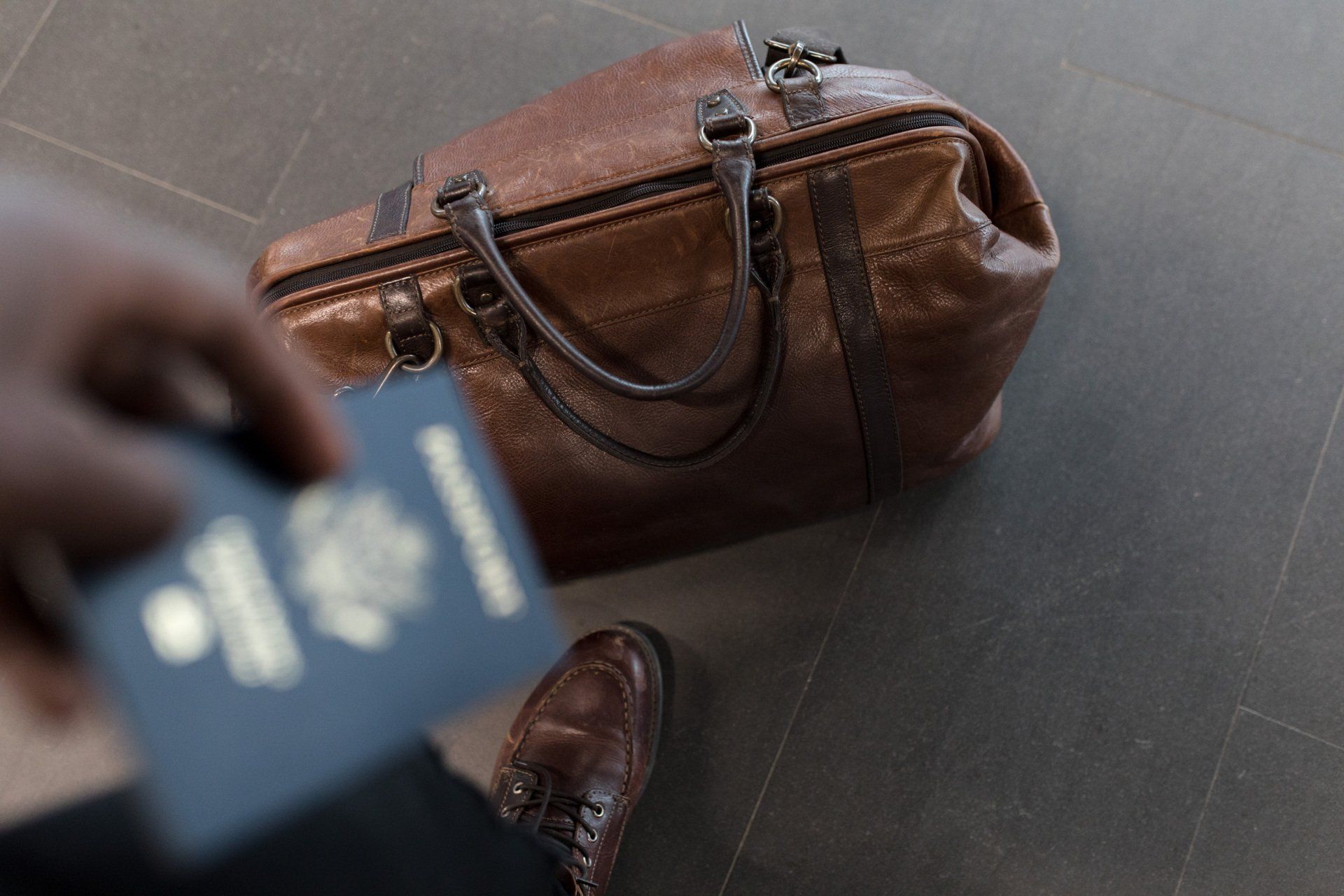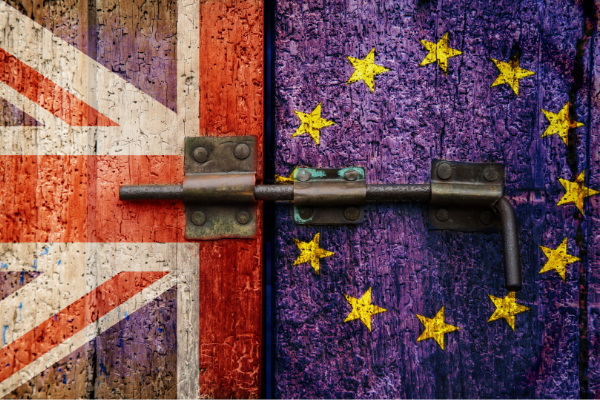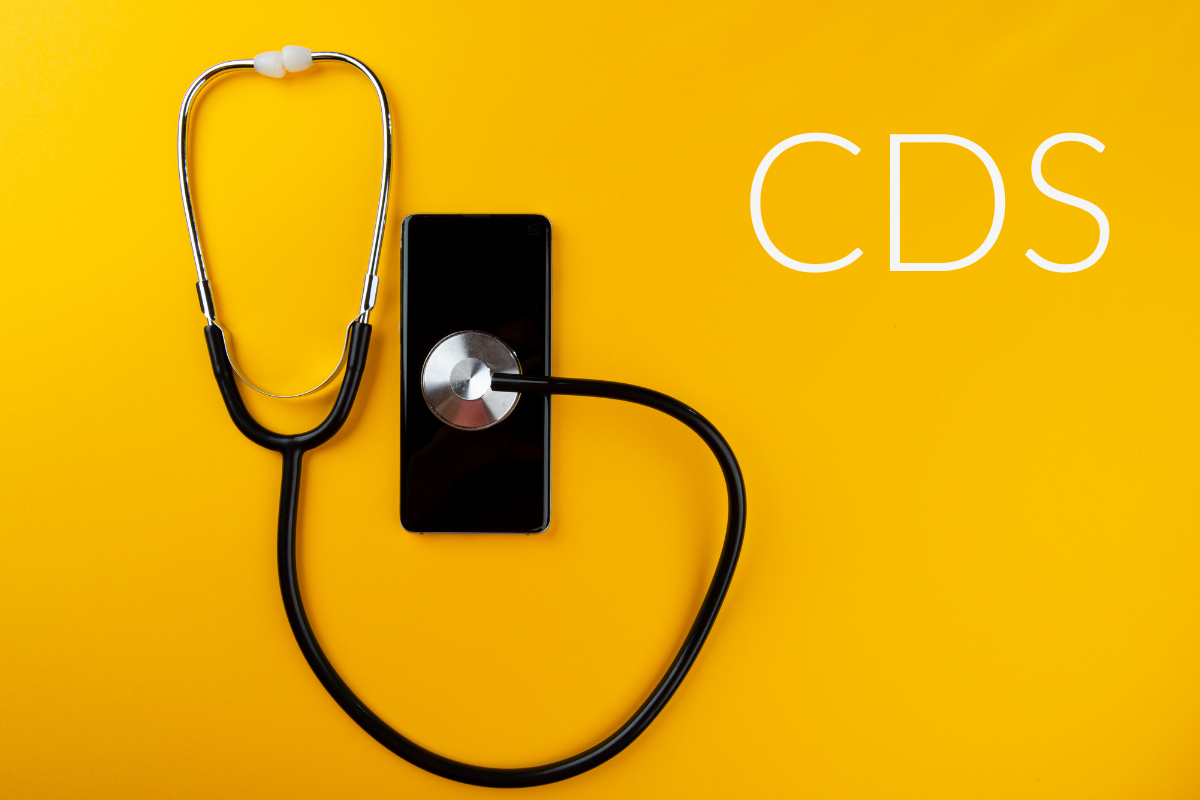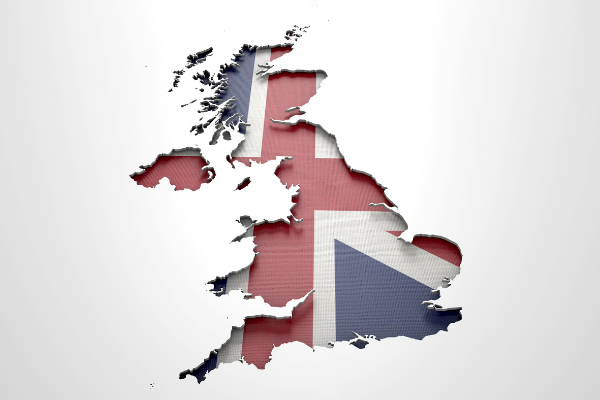Export Procedures

The question of who can appear on a UK Customs declaration is one that is not as simple as it might seem when it comes to the current rules and regulations, as laid down in UK legislation and in the UK Trade Tariff, Volume 3 for CDS. So, who can act as an exporter, importer or declarant and where does that leave them in terms of liability for the declaration and for the Customs debt?
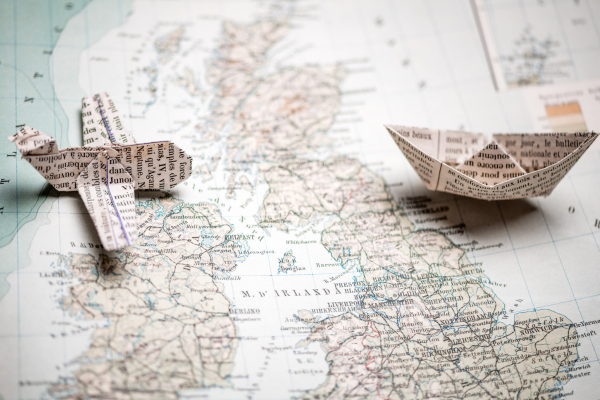
HMRC is reminding traders of the removal of the 999L Export Measures waiver code for implementation from 31 st January 2025. Using the 999L code for goods exported after that date will cause the export declaration to be rejected on CDS. This will include pre-lodged exports that ‘arrived’ post-31st January 2025.
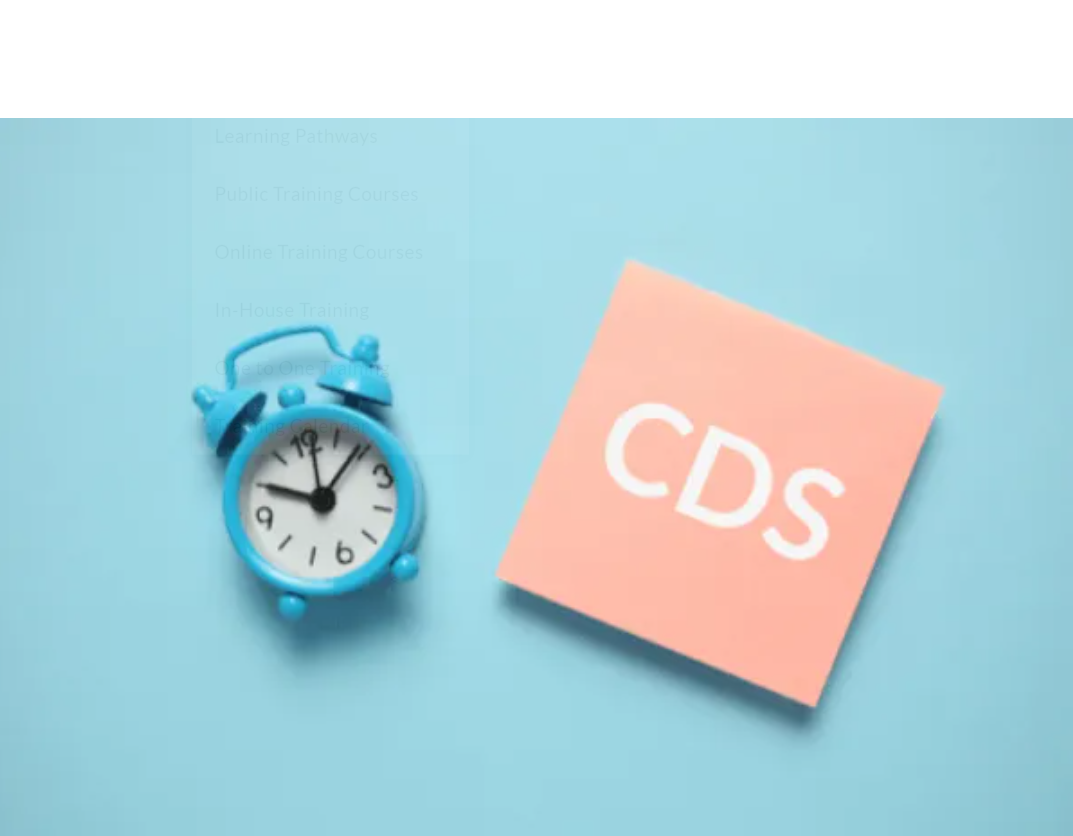
HMRC recently communicated directly with those declarants who are yet to subscribe to the Customs Declaration Service (CDS). The traders have been identified, as they are currently using CHIEF to make export declarations and are being advised that the last day for making them on CHIEF is 30th March 2024.



